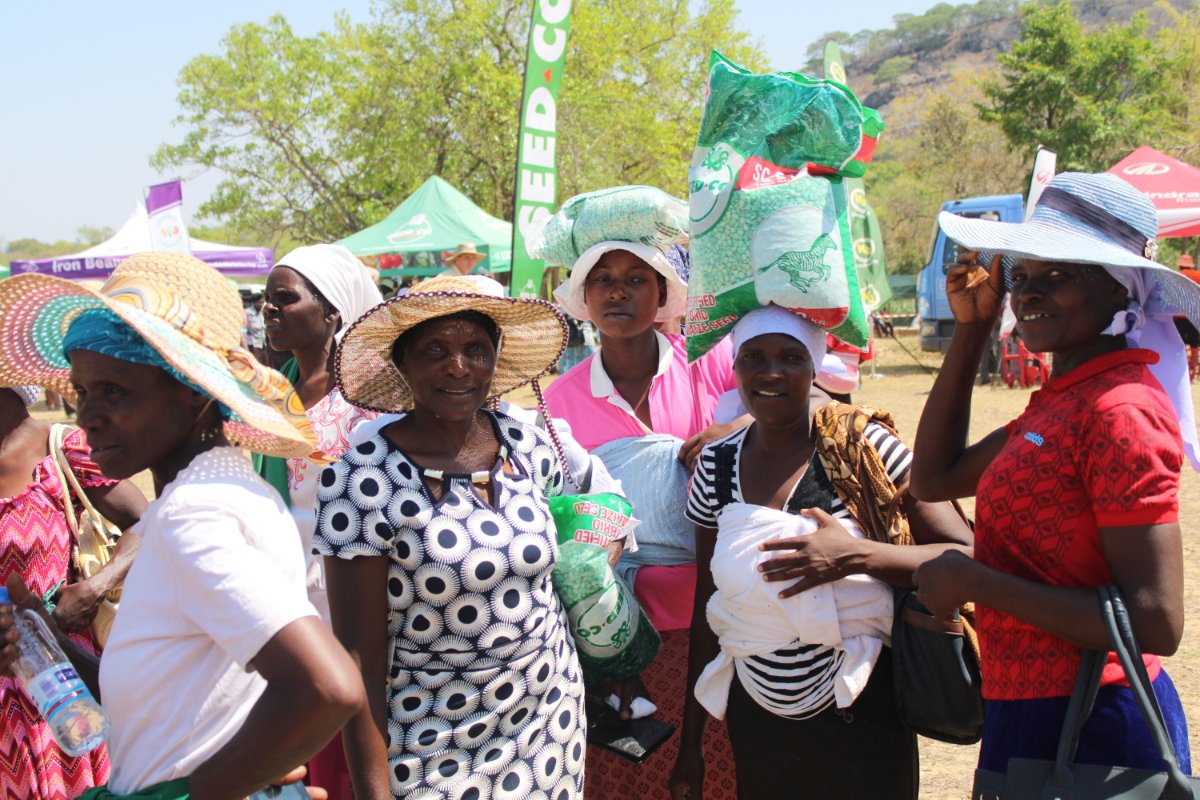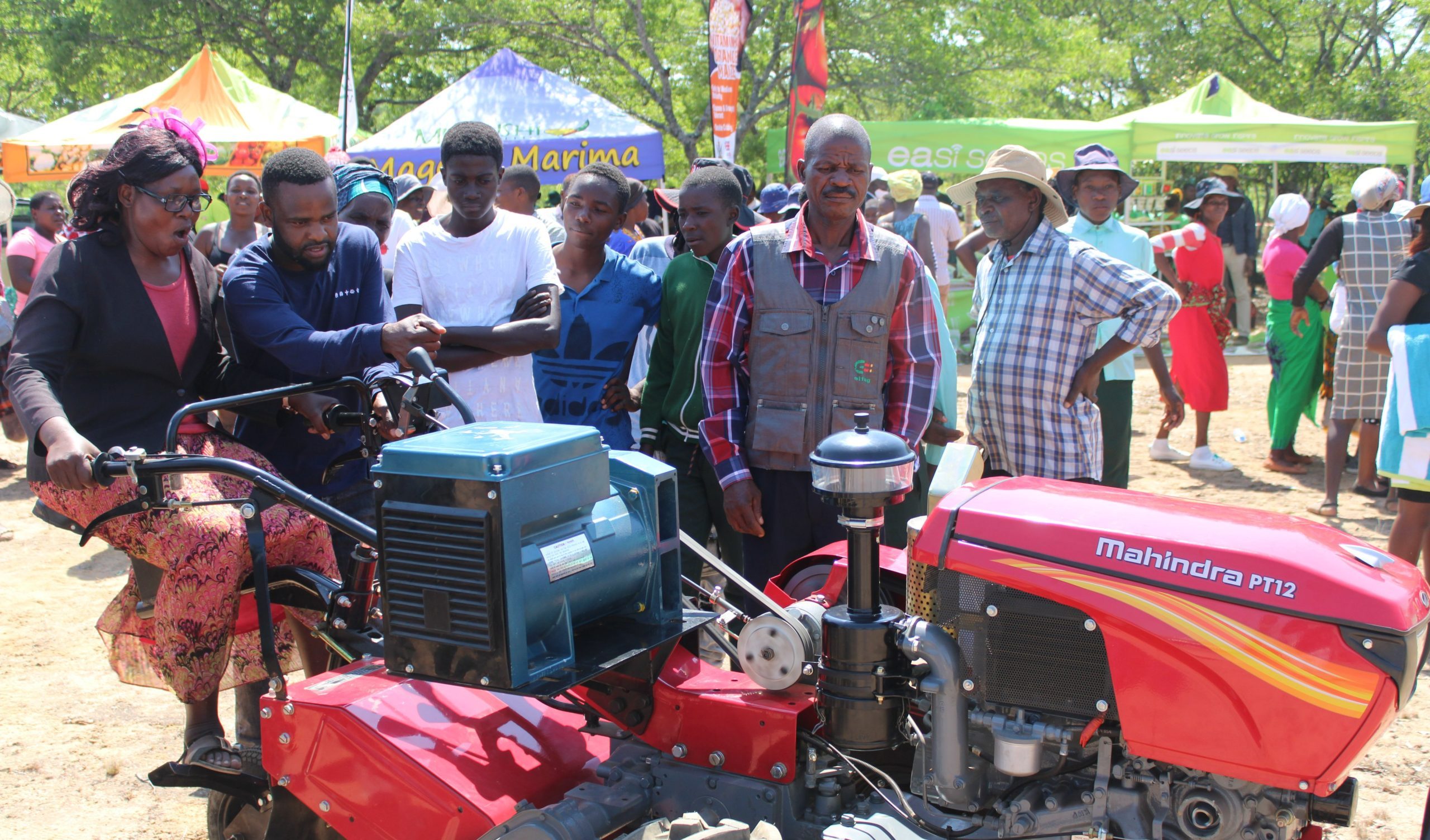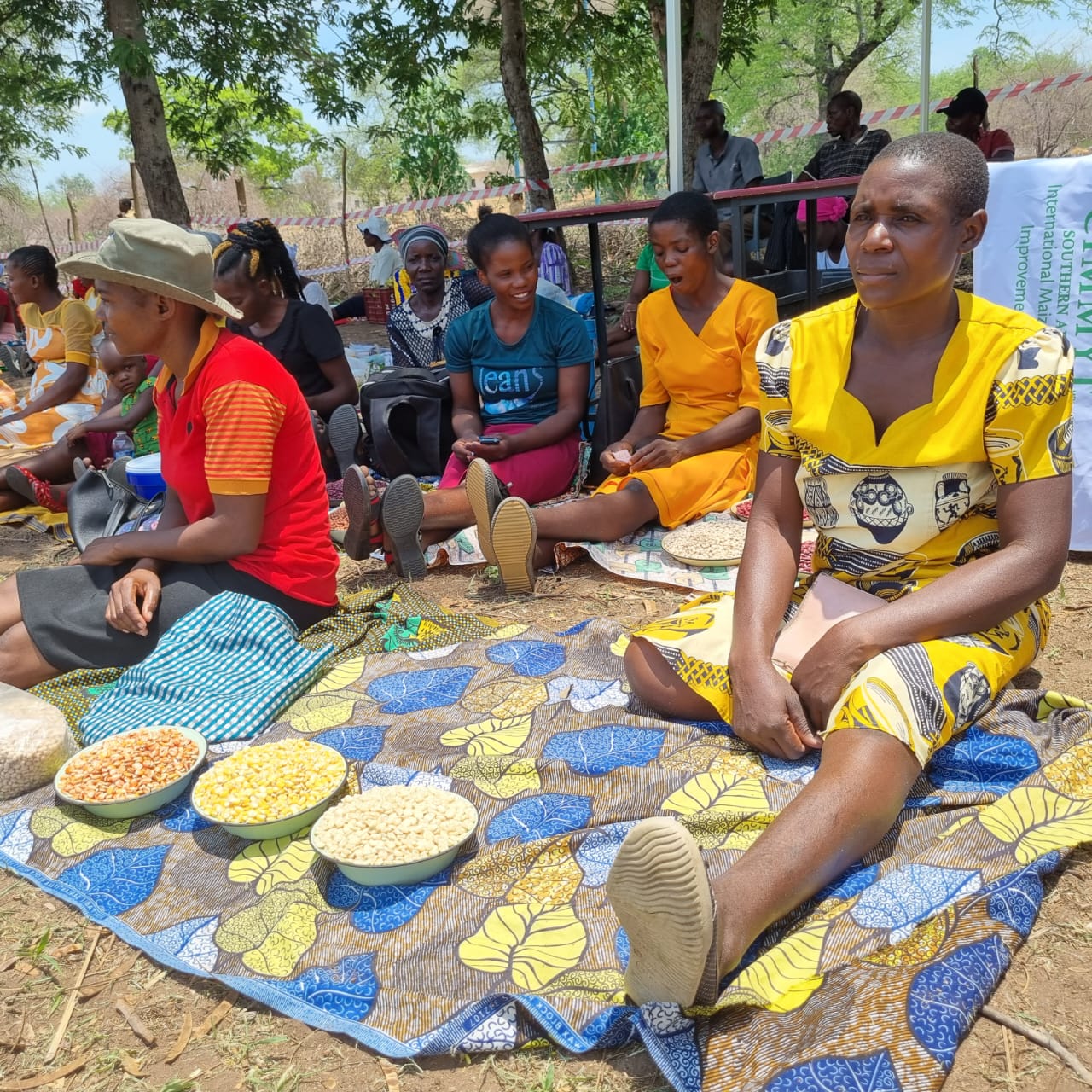
Smallholder farmers in resource-poor communities of Zimbabwe and much of the Global South have been experiencing low crop productivity due to many factors, including inappropriate seeds and seed varieties, labor shortages, loss of agro-biodiversity, insufficient inputs, degrading soils, and recurrent droughts. These threats are now amplified by climate change.
This has resulted in broken food systems rendering food and nutrition insecurity commonplace. The One CGIAR initiative, Transformational Agroecology Across Food, Land, and Water Systems, led by the International Maize and Wheat Improvement Center (CIMMYT) in Zimbabwe, is designed to bring agroecological advances to smallholder famers in an effort to strengthen local food systems.
Smallholder farmers in the Mbire and Murehwa Districts of Zimbabwe were introduced to innovative agroecology interventions, premised on harnessing nature’s goods and services while minimizing adverse environmental impacts and improving farmer-consumer connectivity, knowledge co-creation, and inclusive relationships among food system actors.
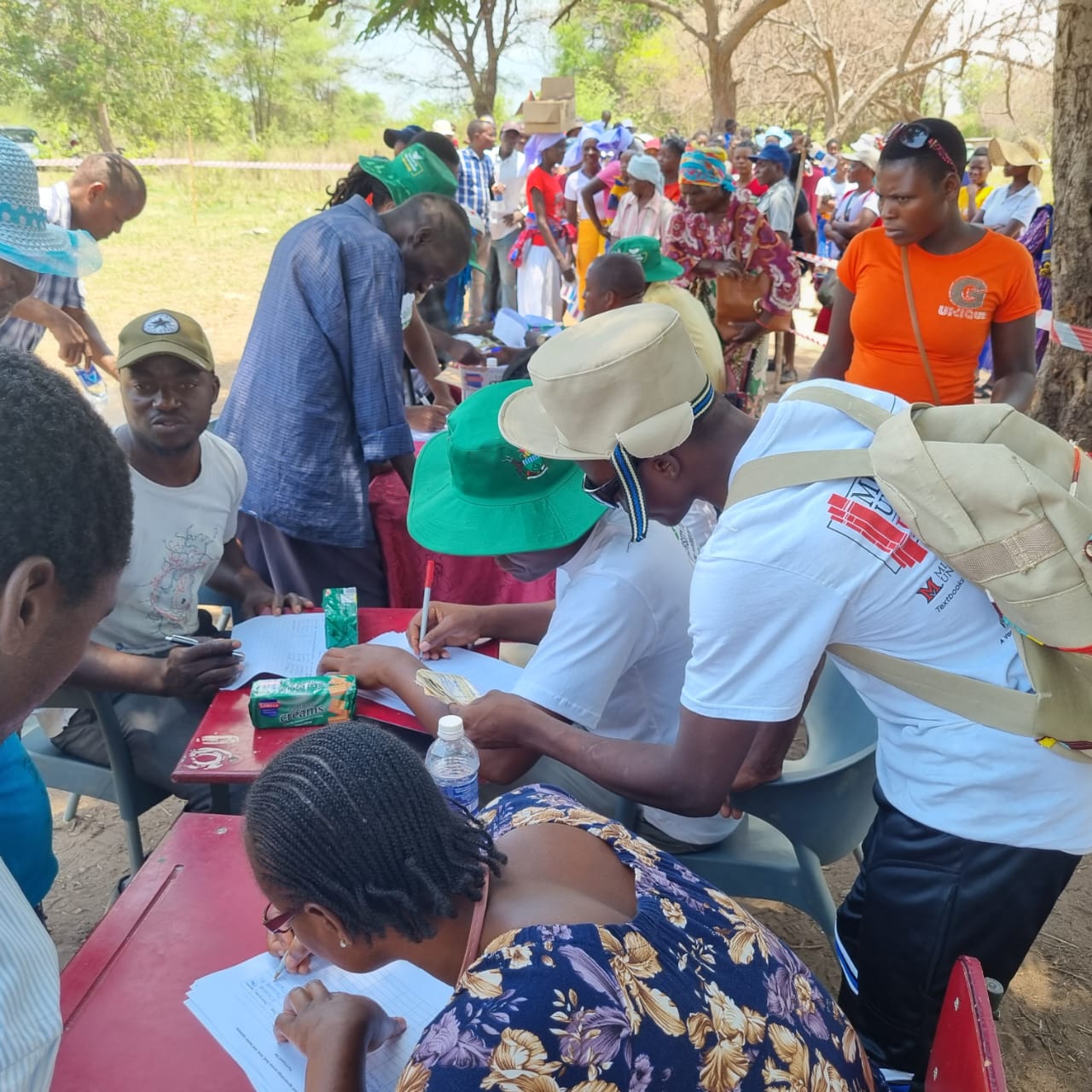
Farmer to farmer collaboration at seed fairs
In response to challenges related to lack of appropriate seeds and eroding agrobiodiversity and, as a way to transition prevailing food systems to more sustainable ones, farmers were invited to take part in seed fairs. The seed fair’s objective was to enable smallholder farmers to access improved and locally adapted seeds of food crops originating from the private sector and fellow farmers. In addition, the seed fairs provided a platform for learning about agroecological practices. Farmers were also given a chance to see different machinery that could aid in land, food, and feed preparation, and address their labor shortage challenges.
At the opening of the seed fair in Mbire, Dorcas Matangi, CIMMYT research associate, acknowledged that smallholder farmers operate in challenging and complex ecological, social, and economic systems and there is a need for interventions that address the natural resource base without ignoring the social and economic dynamics within communities.
“The communal culture of sharing and trading between community members can be capitalized on for a collective benefit, said Matangi. “One such case is through events such as seed fairs where we encourage farmers to showcase and sell seeds they know perform very well.”
She further explained to the participating farmers how increasing their crop diversity and using practices such as conservation agriculture techniques benefit the environment and improves food security and nutrition.
“I am grateful for these efforts,” said Grace Musandaira, supervisor of the Agriculture Advisory and Rural Development Service. “Our region is arid, and as such, it is very difficult for our farmers to achieve significant yields to assure them there is enough food for the year. In addition, the knowledge provision relating to preserving and improving agrobiodiversity through agroecological practices is set to improve rural livelihoods.”
Senzeni Nyagonye, a farmer in Mbire, said “This initiative is teaching and exposing us to so many new concepts such as conservation agriculture with mechanization. If we can apply conservation agriculture with the seeds we bought at this seed fair, we are optimistic about a great harvest.”
A total of 1,058 farmers attended two seed fairs in Mbire and Murehwa. Farmers had the opportunity to access a variety of crop seeds ranging from maize, to sorghum, millets, groundnuts, bambara groundnuts, and sunflowers. More than 200 farmers exhibited local seeds that were available for sale or exchange. Private seed companies also showcased and sold certified drought-tolerant maize, sorghum, bean and cowpea varieties.
“The seed fairs in Mbire and Murehwa were very successful”, said Matangi. “And we feel these efforts will serve as a useful case study to guide a national scale-up.”
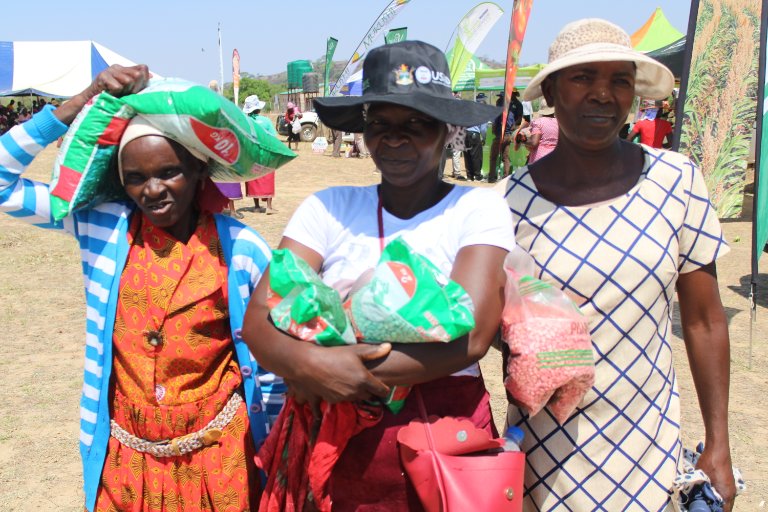
 Climate adaptation and mitigation
Climate adaptation and mitigation 